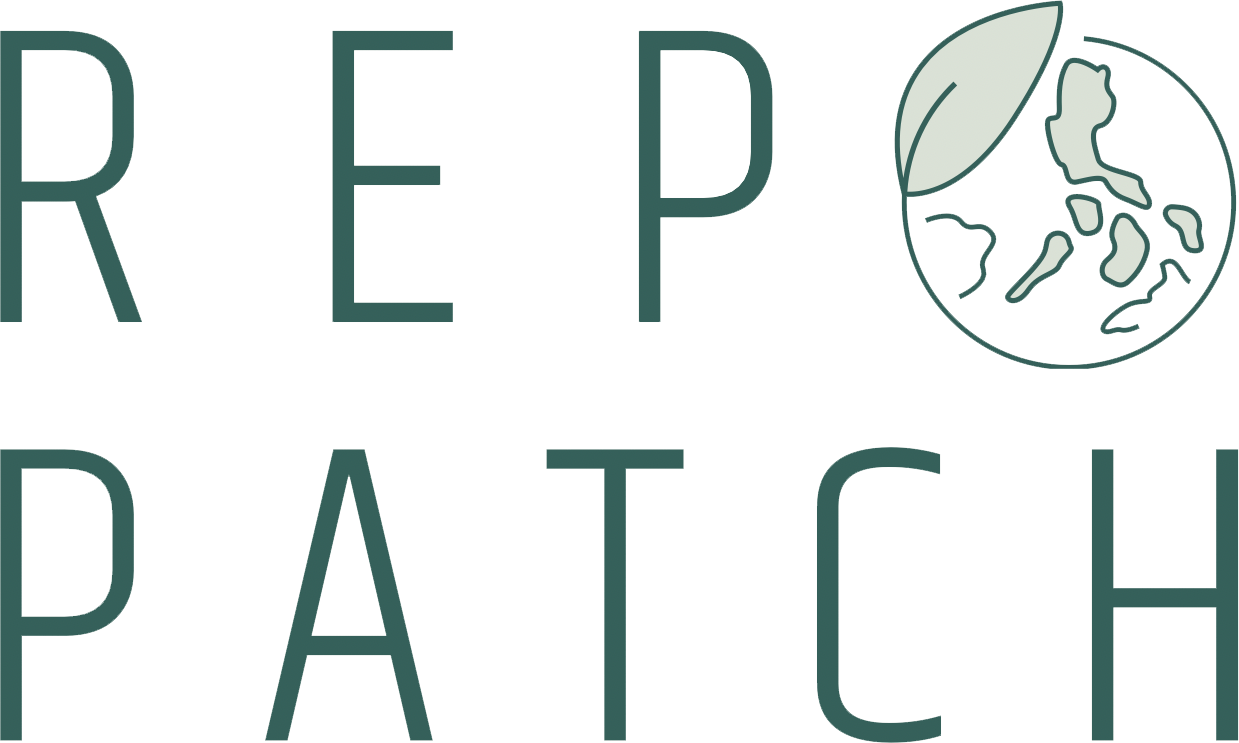
Close

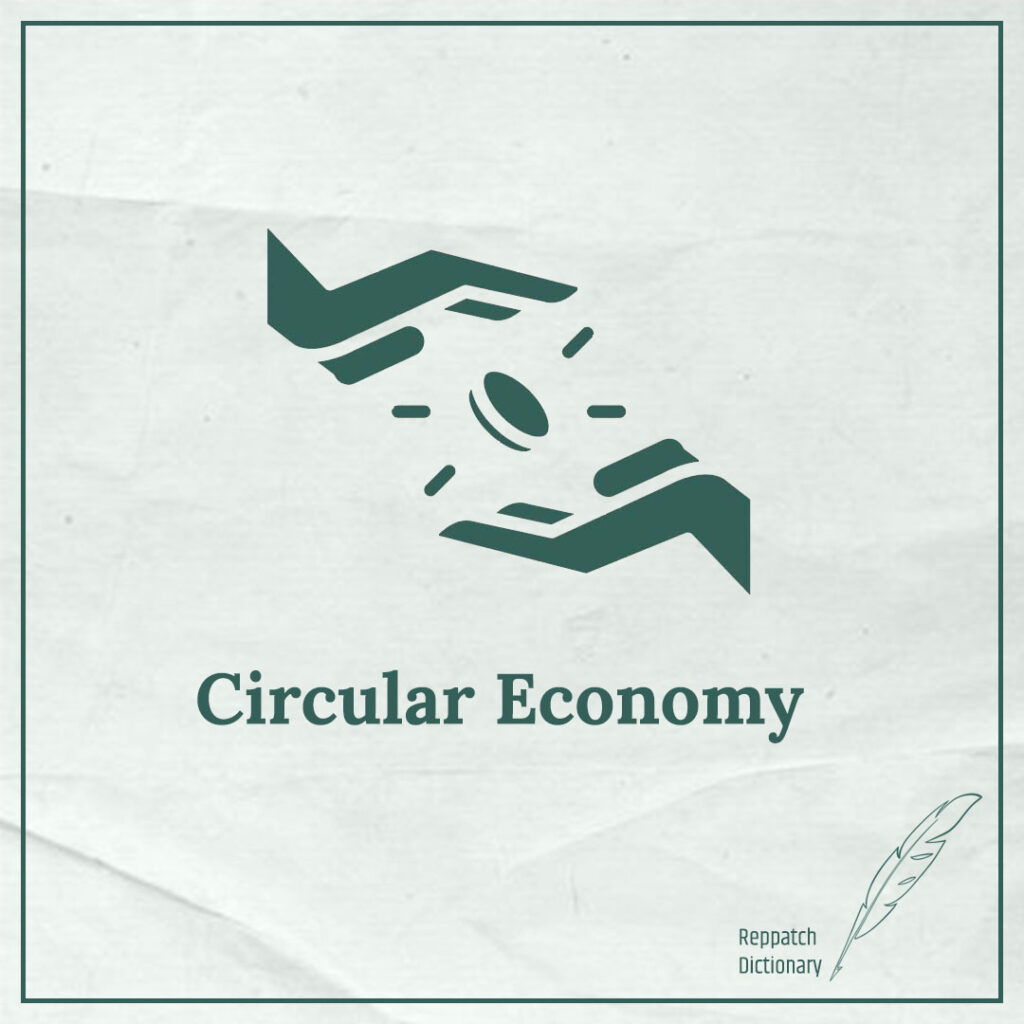
It is an economic model in which, after the end of the life of the products, wastes are minimized and resources are continuously brought into the economy through recycling, reuse and repair.

Organic cotton is a type of cotton grown using environmentally friendly methods, without synthetic chemicals and genetic modification. This farming method aims to protect natural resources and support human health.
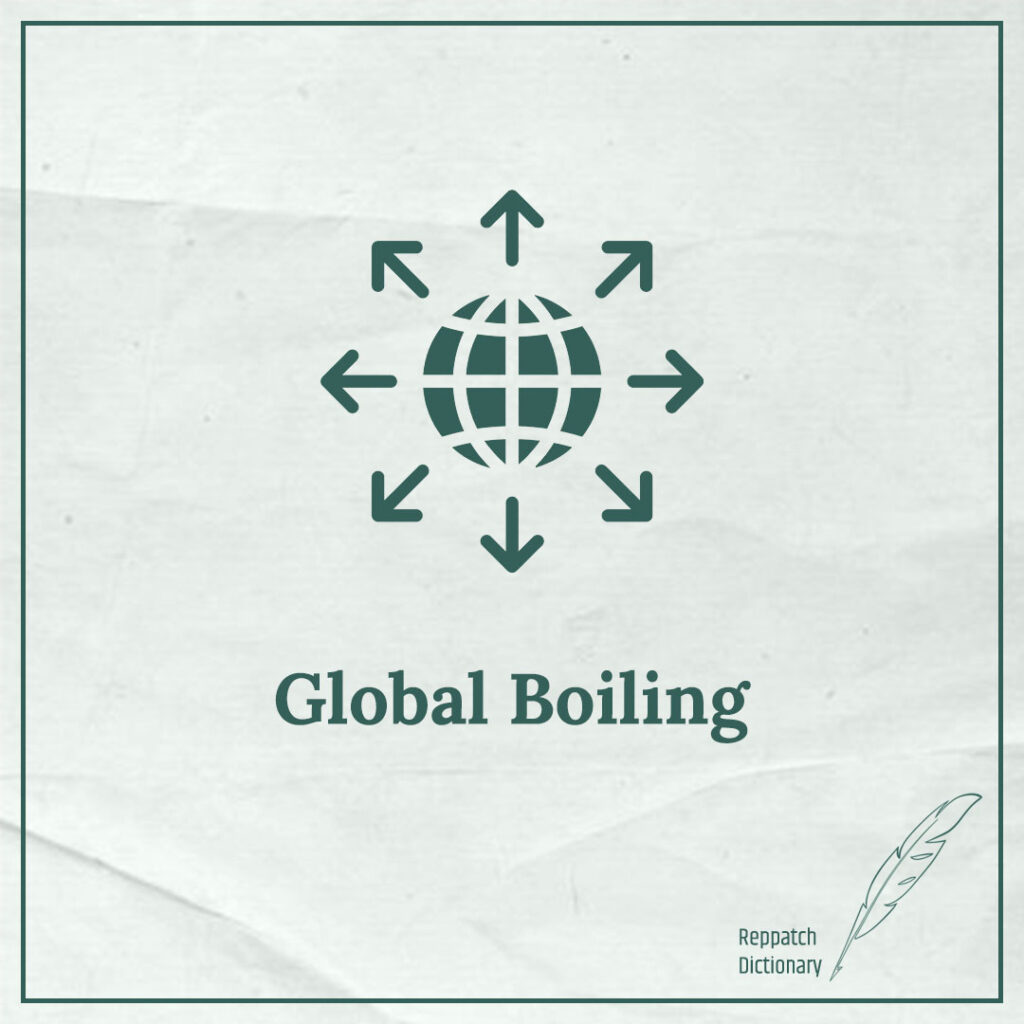
Global boiling is the situation in which the average temperature increase around the world continues continuously as a result of the accumulation of greenhouse gases caused by human activities in the atmosphere. This temperature increase creates negative effects on the environment, economy and social structures.

Giving the consumer the wrong impression by using misleading, exaggerated claims to create the impression that organizations or companies are sustainable or environmentally friendly. This strategy tries to hide its true environmental impact while aiming to increase sales by misleading the consumer audience.

It is an environmental indicator system that measures the amount of carbon dioxide released into the atmosphere directly and indirectly by individuals or organizations.

Remaining as residue in consumption, production or use processes; it is the general name for substances that have lost their function, become unused or idle.

It is the reuse of waste or obsolete products by design. In the upcycling processes, the quality of the product increases and is re-evaluated.
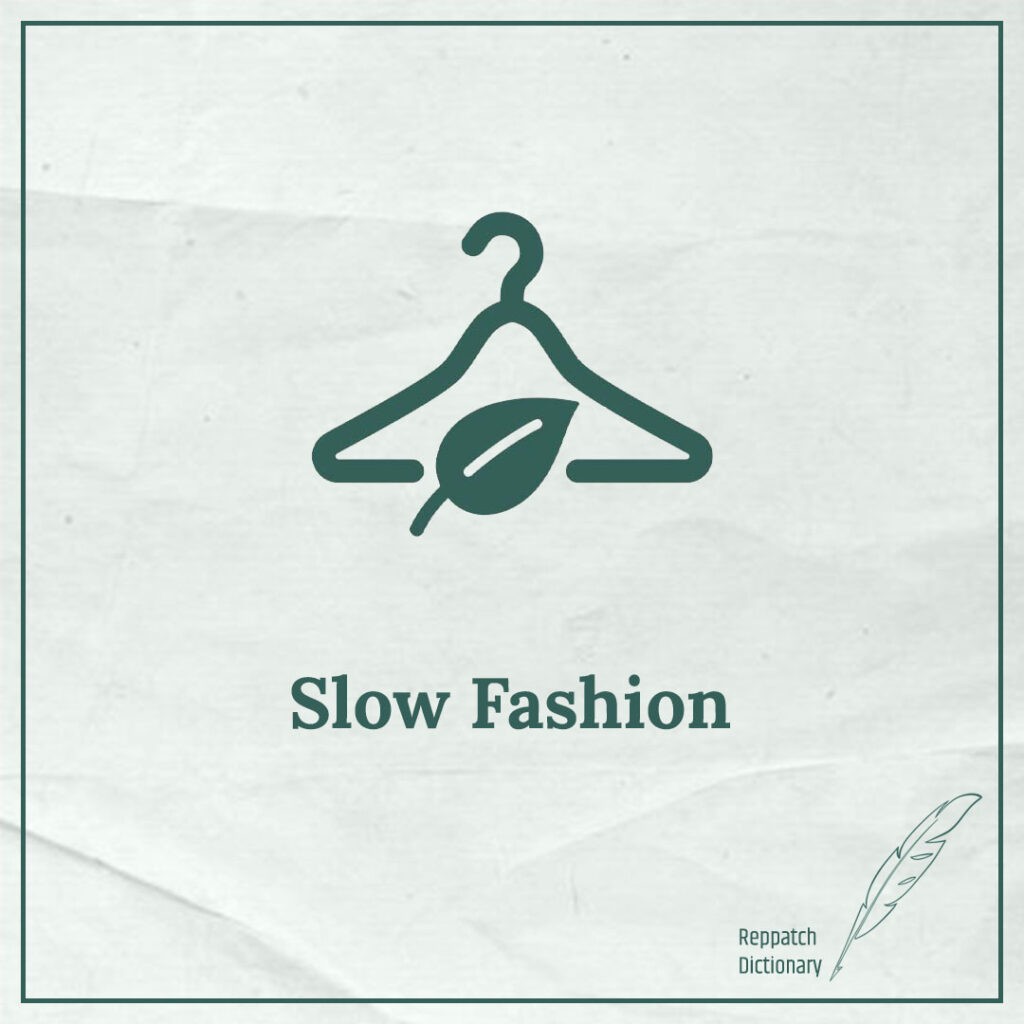
It is a clothing and textile approach that focuses on quality and durable products rather than fast consumption, and prioritizes ethical and environmental responsibilities. This movement aims to reduce the environmental and social impacts of fashion by supporting the principles of sustainability and fair production.

It is an approach based on the balanced use of natural resources and the protection of the environment, taking into account the needs of future generations while meeting current needs. This concept; It aims at long-term well-being by providing a balance in economic, environmental and social areas.
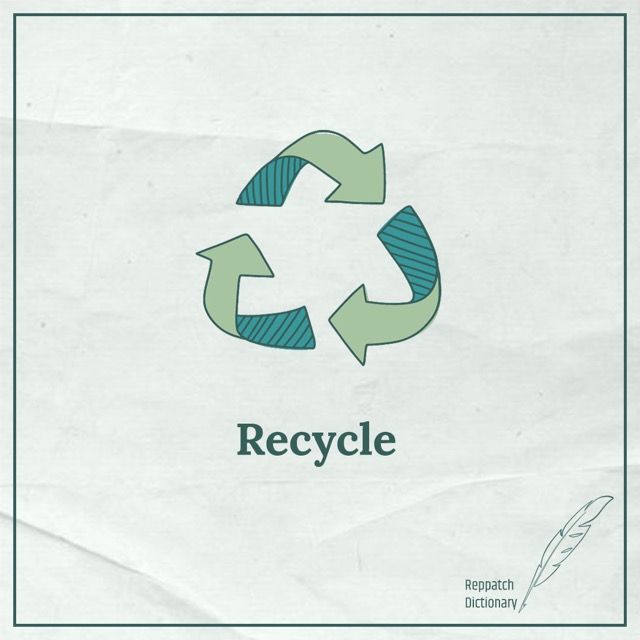
It is the process of collecting used or abandoned objects, processing them and transforming them into new products. This process is based on the transforming of waste material back into raw material. The quality is better than the previous product may be low.
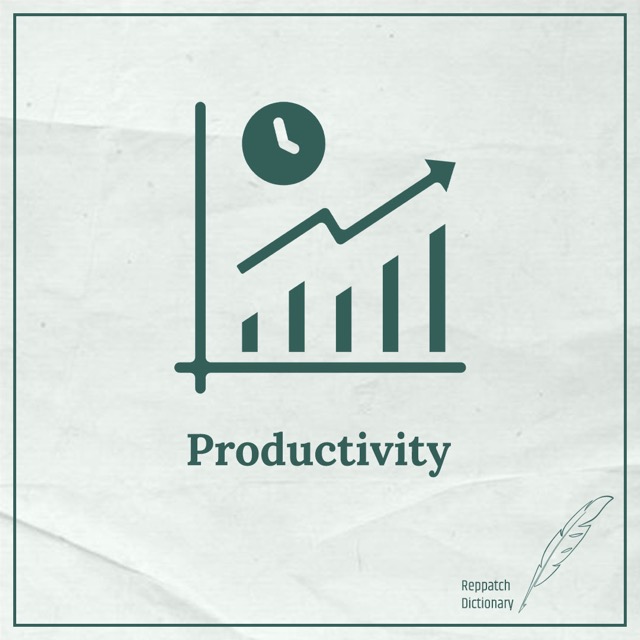
It refers to the ability or performance to achieve maximum output by making the best use of a particular resource or system.

It is the living space formed by all natural and human made elements in our world where life is maintained. Elements such as soil, water, air and biodiversity are important parts of the environment.
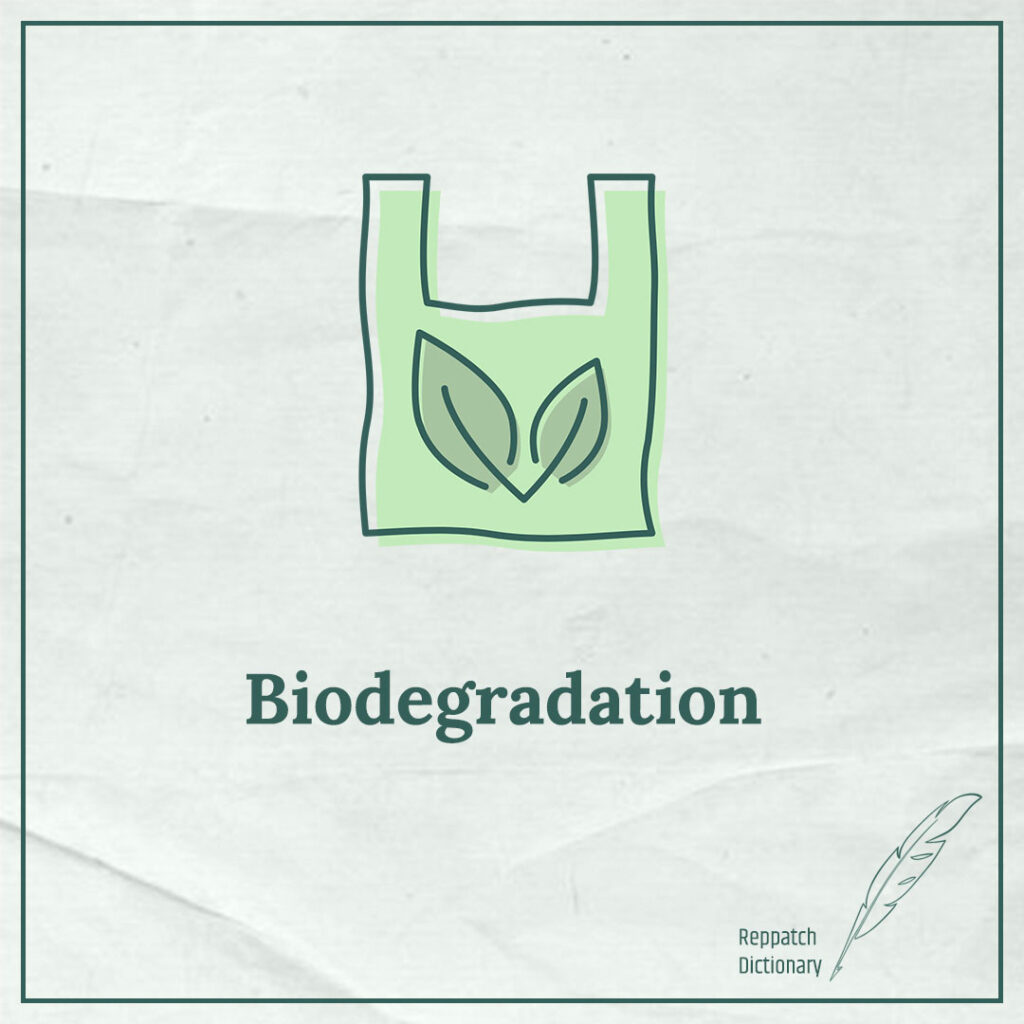
It refers to the property of materials that can be broken down or decomposed by microorganisms without harming the environment. It contributes to a sustainable future as an alternative method to environmental problems such as plastic waste.
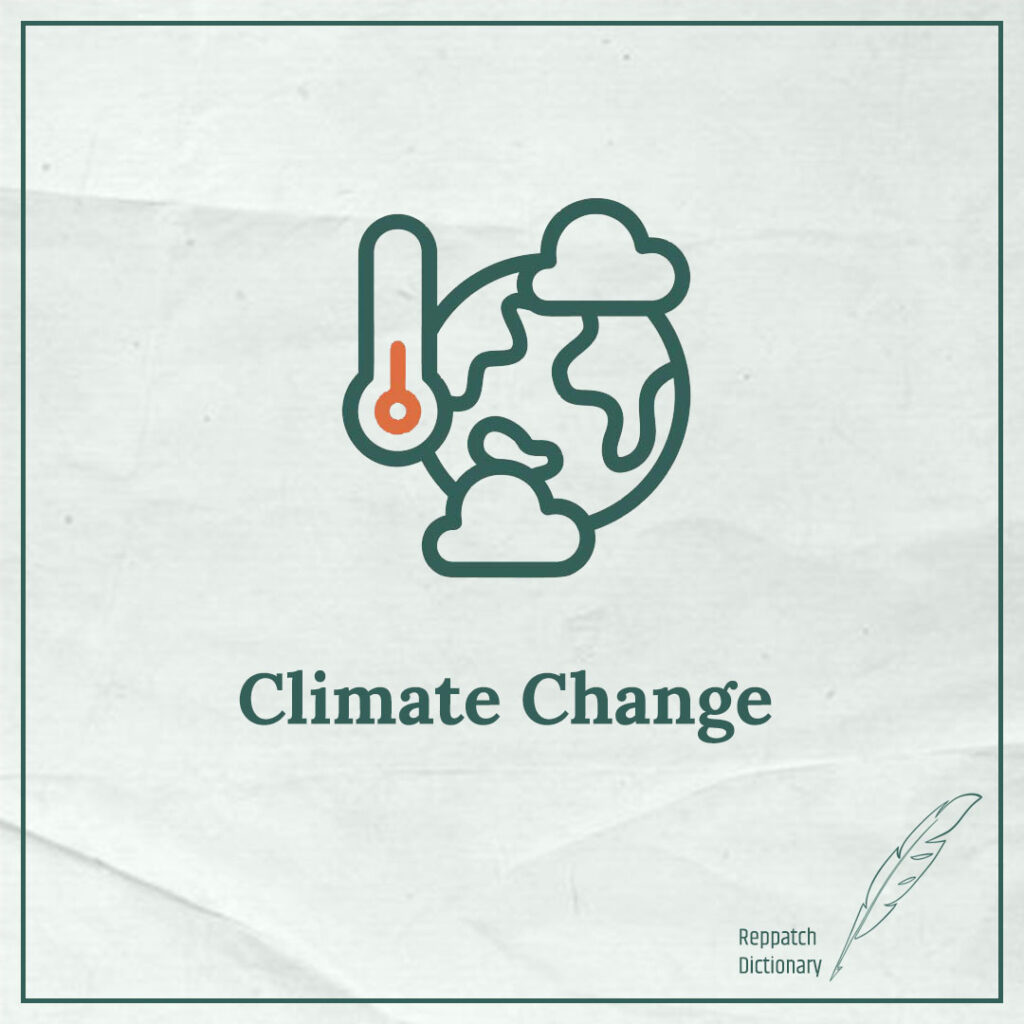
Significant changes in long-term climate patterns around the world. These changes occur due to the accumulation of greenhouse gases in the atmosphere and the effect of human activities, increasing global average temperatures and affecting environmental impacts and weather conditions.
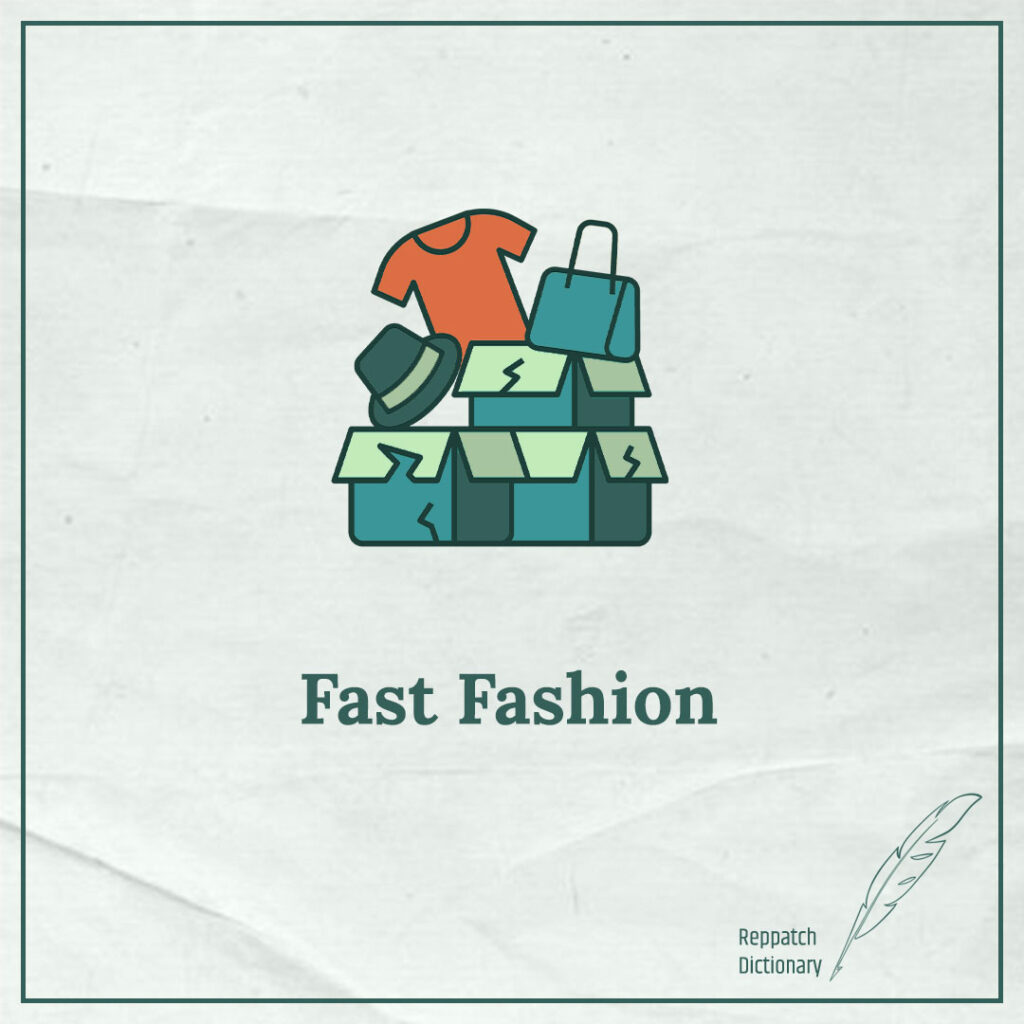
The industry, which developed with the industrial revolution, increased the rapid production and consumption. “Fast Fashion”, where products are sold quickly and converted into cash, the constant change in products offered to consumers and the frequent introduction of new products is a system that shortens the life span of the product.

It is an environmental indicator system that measures the impact of a product or service on water resources during the production, consumption or disposal stages. The water footprint covers both direct and indirect water consumption.
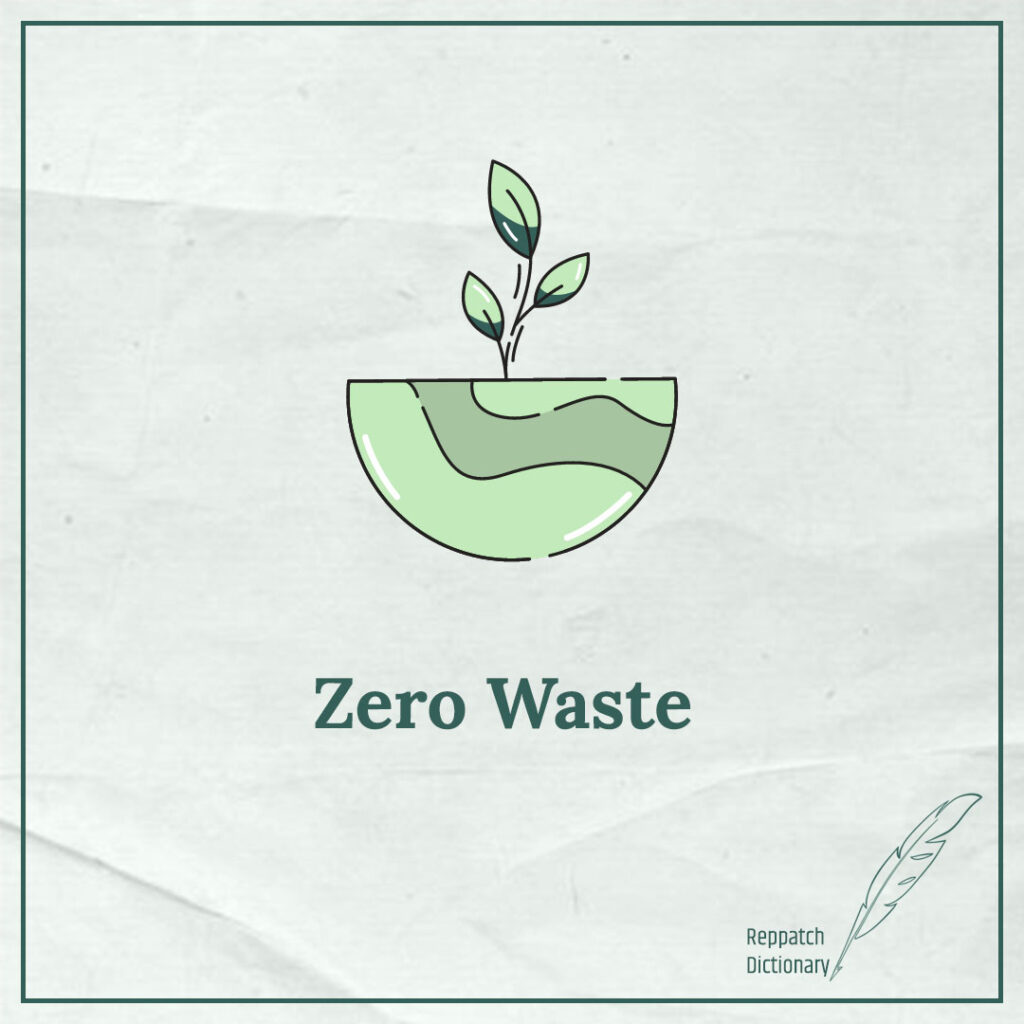
It represents the philosophy of minimizing waste production without harming the environment by minimizing the waste generated during the consumption process, recycling, reusing and managing resources efficiently.